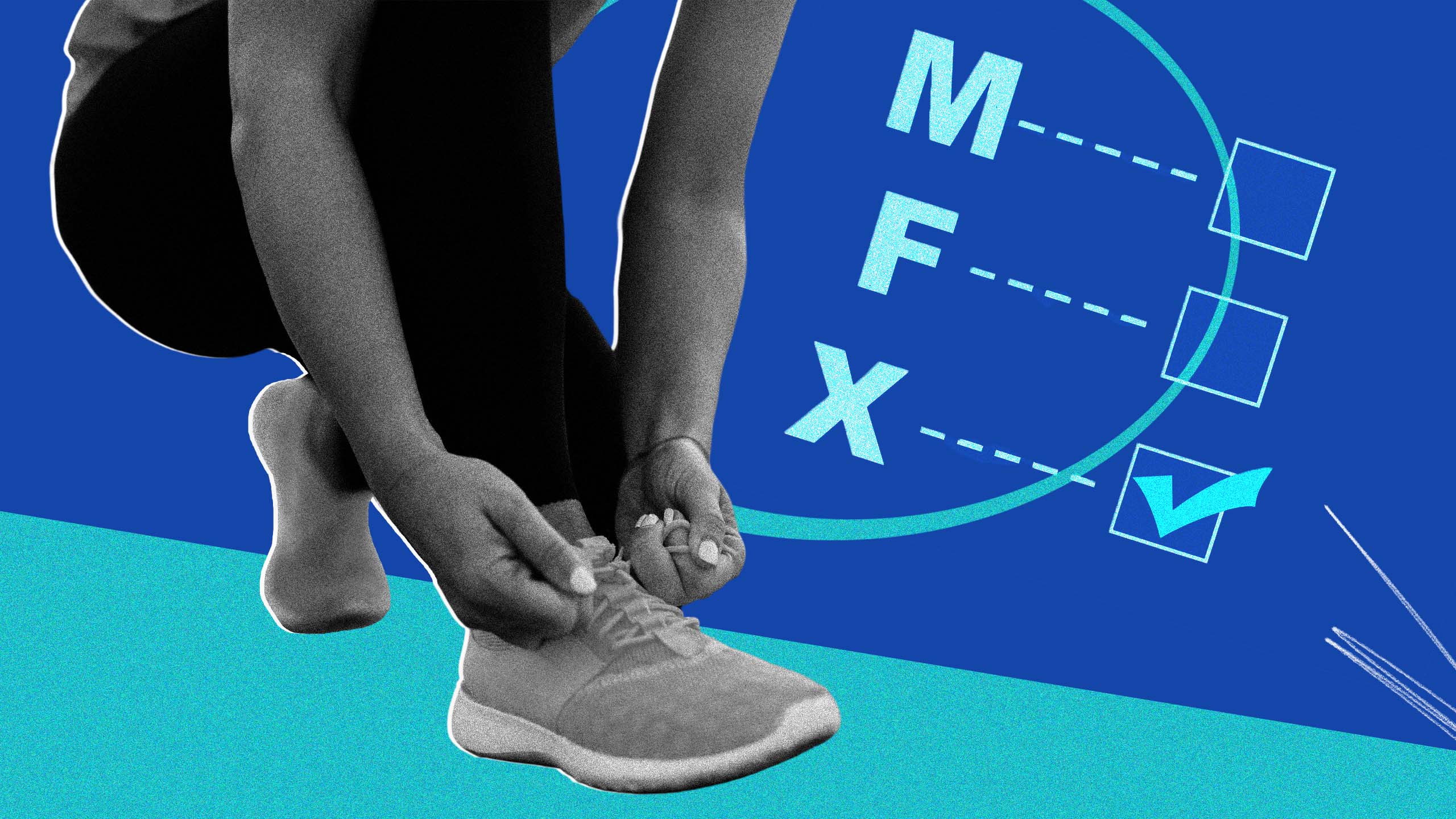Several high-profile athletics associations are allowing non-binary participants to register as gender neutral for their marathons, as part of a concerted effort within queer running communities around the world to make the sport more inclusive for trans and gender nonconforming athletes.
In an announcement on its official website, the Boston Athletic Association said qualifying non-binary runners could submit an entry application for next year’s Boston Marathon, which will take place in April. The TCS London Marathon will also allow participants to select male, female or non-binary gender markers on their ballot for next year’s event, which they will be able to sign up for starting on October 1.
With this decision, both events join other marathons around the world in their inclusivity of gender nonconforming runners. According to Jake Fedorowski, a runner and the creator of The Guide to Non-Binary Inclusion in Running, over 200 races across the United States presently include a non-binary division. Perhaps most notably, the world-famous New York Marathon added a non-binary gender category for registrants last year.
Various influential sports associations and LGBTQ+ figures have applauded Boston’s and London’s decisions, though some say there is still room to improve.
“A truly inclusive marathon provides space for every runner to register, compete and be celebrated exactly as they are,” Joanna Hoffman, a spokesperson for Athlete Ally, a nonprofit that advocates for LGBTQ2S+ equality in sports, told NPR this week.
“I think we can take this moment to celebrate, but we also have to recognize that it isn’t the end, there’s still so much ahead of us,” Fedorowski told WGBH, a local radio station located in Boston. “I’m confident that Boston is committed to that work, but I’d like to just kind of acknowledge that there’s still things to look at when it comes to prize money and identifying participants and the way that we’re including non-binary and trans folks in marketing campaigns.”
For instance, while the Boston Athletic Association will allow non-binary athletes to compete, they won’t be eligible for prize money, as national and international guidelines call for runners in the professional divisions to select a binary gender marker upon entrance.
The association saw the participation of 56 non-binary participants and 42 finishers last year, where it provided athletes with a neutral gender option during registration for the 125th edition of its marathon, which took place virtually. The association will also use women’s qualifying times for non-binary applicants, alleging that they don’t have the data to set qualifying times for non-binary runners.
“As BAA, they don’t necessarily have that sort of data internally and so they have to start somewhere to start to gather that data and start to work toward … what [are] the best qualifying times for this division?” says Fedorowski.
Likewise, the London Marathon will provide athletes who join the mass participation category of the race male, female and non-binary options, but the other elite and championship races under the larger marathon banner will not provide this option.“This is a significant step forward for the TCS London Marathon as we continue our journey to make our event truly inclusive,” said event director Hugh Brasher in a public statement. “We know there is still much more to be done, but changes such as this demonstrate our commitment to making the TCS London Marathon an event that is for everyone.”


 Why you can trust Xtra
Why you can trust Xtra


